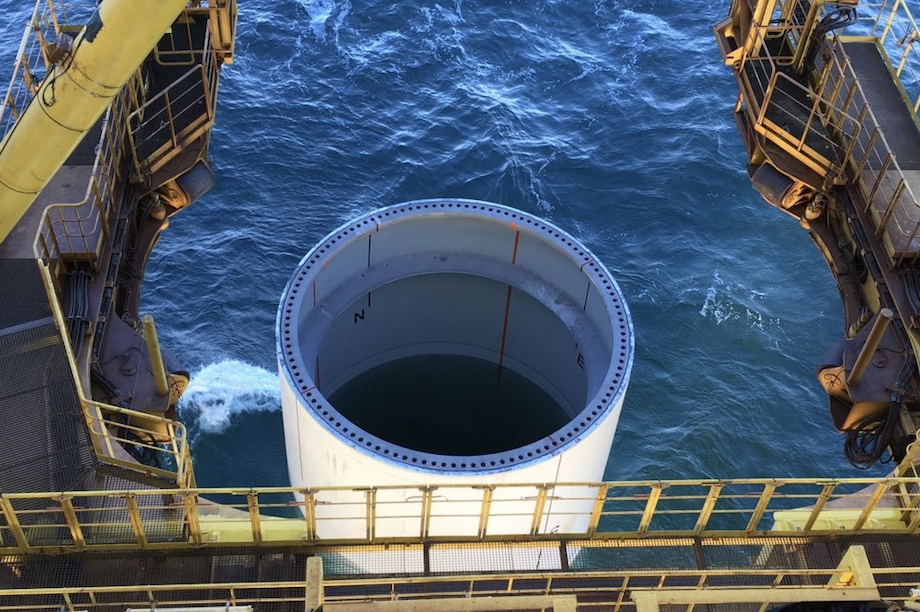A last-minute extension granted by the UK government will allow foreign nationals without visas to work on offshore wind farms in UK waters for another year.
The move follows concerns by the industry that offshore wind farm operators would struggle to maintain their assets, due to a shortage of skilled and qualified staff, if the Offshore Wind Workers’ Concession waiving the need for visas was not extended.
Introduced in 2017 and extended several times since, the waiver “will allow foreign national workers leave to enter the UK until 1 July 2022 for the purpose of joining a vessel engaged in the construction and maintenance of a wind farm within UK territorial waters”, the government stated.
The government granted the extension on 2 July — the day after expiry of the waiver scheme.
WindEurope said it welcomed the extension of this concession. “It gives businesses breathing space to adjust to post-Brexit realities. This ensures a reliable energy supply and an orderly expansion of wind energy in UK waters,” a spokesperson told “uåX˜äŠÊ˜·³Ç.
Nationals of the EU, European Economic Area (EEA) and Switzerland working within 22km of the UK coastline — inside the UK Exclusive Economic Zone — will not need a transit visa to go through the UK landmass. “This is sensible, not least because most UK wind farms will be constructed in the EEZ going forward,” the WindEurope spokesperson added.
Since the start of the year, law firms specialising in the sector had warned wind farm operators that they needed to prepare for the stricter immigration requirements.
The timing of the changes has left operators frustrated, according to Yash Dubal, an immigration and visa expert at A Y & J Solicitors.
“Several had invested time and resources in making alternative arrangements to meet their staffing needs, motivated by a justifiable apprehension that the scheme would end on 1 July,” he said. “Workers’ contracts had not been renewed. They are now frustrated.”
Dubal added that the decision to extend the waiver highlighted the problem of “acute worker shortages within the industry, which is real and ongoing”.
The waiver had been criticised by trade unions in the past for promoting the use of cheap labour.
A member of parliament for Hull East, a port that serves offshore projects in the UK North Sea, said the decision was “a further blow to UK seafarers”. Karl Turner said they were being undercut by foreign workers accepting lower rates of pay.


.png)


HR.jpeg)
.png)








